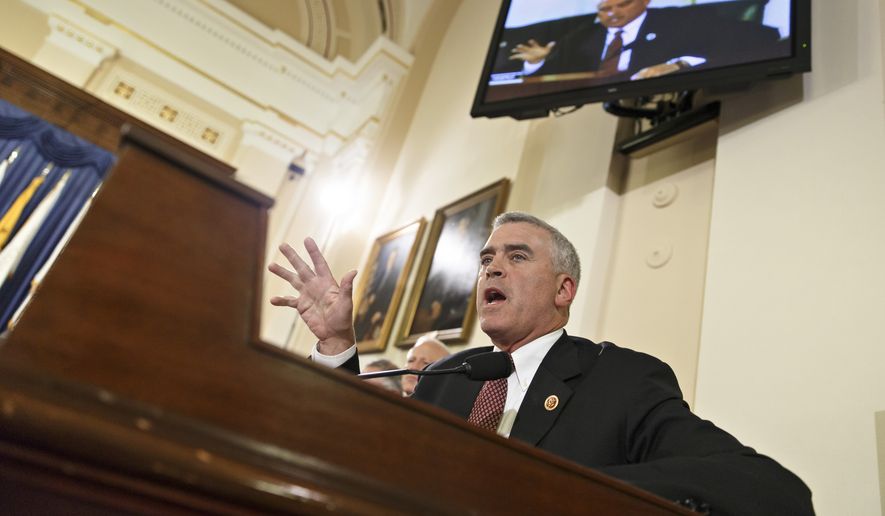Federal officials warned Tuesday that as much as $80 billion in unemployment benefits could have fraudulently gone to cybercriminals and international crime rings.
Officials from the Government Accountability Office (GAO) and the U.S. Secret Service say improper accountability measures at the federal and state levels aided the fraud throughout the coronavirus pandemic.
“Criminals exploit opportunities that lead to profit and this public health crisis presented an unprecedented opportunity for both organized criminal groups and individuals,” said Roy Dotson, the U.S. Secret Service’s national pandemic-fraud recovery coordinator.
Federal officials note that fraudulent activities skyrocketed after the onset of the COVID-19 pandemic. International syndicates and cyberhackers quickly set up fake profiles, using pilfered personal information, to steal billions from the federal government.
Much of the tactics were already well known to law enforcement agencies since cybercriminals had previously used them to bilk money from disaster relief programs. The criminals had previously not targeted unemployment because of the small nature of the payout, but that changed because of the pandemic.
In mid-2020, Congress approved a $600-a-week enhanced bonus on top of what states were already paying out for unemployment compensation. The program was later extended, though at $300 a week through September 2021.
The White House recently estimated that as much as $80 billion in unemployment benefits could have been siphoned off fraudulently throughout 2021 alone. The GAO says that figure is likely misleading, with the actual sum potentially varying significantly.
“We’re being very careful here in terms of what is publicly reported in terms of various estimates,” said Seto Bagdoyan, the GAO’s director of forensic audits and investigative service. “Many of these estimates appear not to be based on sound methodologies.”
Mr. Bagdoyan added that congressional lawmakers should look at enforcement statistics when attempting to understand how widespread the fraud could be.
“In terms of prosecuted fraud cases … the Justice Department, as of January of this year, we’re talking about 131 guilty please, with an additional 242 individuals facing charges,” he said. “The Labor [Department] inspector general has 845 indictments as of January, with 247 convictions.”
Some of the individuals charged are accused of stealing hundreds of thousands, if not millions, in fraudulent unemployment benefits.
In February, the Justice Department announced that it had indicted a California man on charges of bilking nearly $170,000 in fraudulent unemployment benefits by submitting multiple claims in other people’s names.
State governments on their own have already recovered more than $1.8 billion in fraudulent payments.
Republicans say the White House and congressional Democrats have ignored efforts to properly crack down on the abuse.
Rep. Brad Wenstrup, Ohio Republican, said that Democrats on the House Ways and Means Committee had refused numerous requests to launch investigative hearings on the topic.
“I’m disappointed obviously that our Democrat colleagues have not held even one oversight hearing on this,” said Mr. Wenstrup, a senior member of the Ways and Means Committee.
Neither the White House nor the Democratic majority on that panel responded to requests for comment.
Other GOP lawmakers say the unwillingness to tackle the extent of the fraud has made it more difficult to get money into the hands of people that actually need it.
“This is not a victimless crime. Unchecked fraud delays legitimate payments from being made and diverts funding away from unemployed workers,” said Rep. Kevin Brady, Texas Republican. “It also turns thousands of Americans into unwitting identity theft victims.”
For more information, visit The Washington Times COVID-19 resource page.
• Haris Alic can be reached at halic@washingtontimes.com.




Please read our comment policy before commenting.